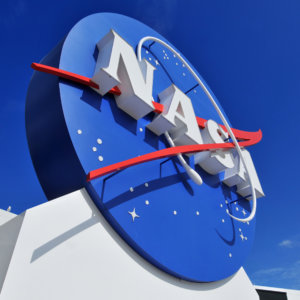How a Group of NASA Renegades Transformed Mission Control
Rebels create novel solutions, revitalize innovation, and can future-proof your business.
In business, we often label renegades and rebels as troublemakers — individuals who have to “get with the program” to align the organization both internally and externally. Our research at NASA, however, suggests we need renegades more than we think. Far from being obstacles to the work at hand, renegades can offer powerful ways to revitalize and shift organizations into the future.
Over time, organizations establish goal-achieving cultures and ways of operating, which often are not conducive to change. Habits, sunk costs, the strength of tradition, politics, and established worldviews all maintain the status quo. But as the competitive environment changes and unexpected challenges emerge, businesses need to adapt their approach.
The nudge organizations need to push in a different direction often comes from renegade groups — those that spot looming challenges and envision potential solutions outside the organization’s current ways. These groups are committed to elevating business capabilities and future-proofing them for novel challenges, often despite opposition from the status quo. It is therefore essential for organizations to create a climate that fosters rebel thinking and supports these contributors within their ranks.
Balancing Efficiency and Innovation
We conducted case-study research from 2013 through 2018 at NASA’s Johnson Space Center to understand how organizations can become ambidextrous — which we define as being able to balance competing objectives like efficiency, innovation, and the development of current and future capabilities. Our research involved ethnographic visits, workshops, interviews of managers, engineers, and scientists, and historical document analysis.
Get Updates on Transformative Leadership
Evidence-based resources that can help you lead your team more effectively, delivered to your inbox monthly.
Please enter a valid email address
Thank you for signing up
During our research, we became familiar with a highly effective renegade group that would later become known as the “Pirates.” This innovative and agile group formed in 1986 and created an award-winning mission control system for the space shuttle program in record time, on a shoestring budget, and in the face of political resistance. This group’s values and methods challenged the established hierarchical culture. They were pioneers in agile practices, even before agility entered the organizational vocabulary or the agile manifesto was created in the software industry. The group was able to overcome opposition, win the support of high-level sponsors within NASA, and eventually develop a new shuttle mission control with huge cost savings. The group’s story offers important lessons for all organizations in how renegades can help business balance the often competing goals of efficiency and innovation.

